In 2017, Horse Racing Ireland commissioned a report by Deloitte which found that there are 9,500 “core” full-time workers in the thoroughbred racing and breeding industry. Surprisingly, there are almost as many working full-time in the sport/leisure horse business, according to a report published by Horse Sport Ireland last year.
However, it is fair to say that both sides of the equine industry are struggling to attract and retain staff.
The hours are long and the rewards, for many, are no better than you would get if you had a low-level position in a nice, warm shop or factory, where there was little chance of being kicked by a temperamental stallion or mare.
While it must be stressed that the vast majority of racehorse trainers and stable staff enjoy good relations, the standard working conditions in racing stables are unusual, to say the least. This issue was the subject of a high-profile court case last year and led to a round of inspections by the Workplace Relations Commission.
We’re referring here to those people who exercise thoroughbred racehorses daily – those at the coalface, the people who are skilled at riding and caring for highly strung and highly priced horses.
But the racing industry actually offers a wide variety of job opportunities. Trainers need office staff, racecourses require plenty of people to work on racedays, and there are openings in IT, horticulture, veterinary, media, and so on.
If you already love horses, it’s a dream industry to work in, and it’s one in which Ireland is recognised as a world leader.
But at the core, there are a few thousand stable staff who have specific horsecare skills and who put in long hours to keep the show on the road.
In racing stables all over the country it is common practice for staff to work 13 days in every fortnight. In other words, you only get every second Sunday off. This is actually illegal but a blind eye was always turned in the belief that racing was agriculture and staff would be compensated for the overtime at a quieter period.
Early starts are mandatory in racing yards, whatever the weather, though there is usually plenty of downtime between riding out, mucking out and evening stables. If you are taking a horse to the races, you might not get home until after midnight, in which case you should not be reporting for work until at least 11am the next day, but – again – that hasn’t always been respected.
At time of writing, the industry was awaiting news from the Department of Employment on whether racing staff could be classified in the same way as workers in the transport industry, where long working days are permitted but the employees must be given sufficient time off later to compensate them.
The picture painted above does not do justice to the racing industry but merely reflects the current crisis in stark terms. Generally speaking, stable staff are passionate about their work and many probably put up with the tough conditions in the hope of gaining experience which will allow them to one day set up their own equine businesses – breeding, trading or pre-training horses.
Huge sums are frequently paid by some of the wealthiest people in Ireland and around the world for promising young horses. Every year we see reports of foals pinhooked for €10,000 at Goffs and then re-sold 11 months later to a sheikh for €100,000 or more. That is the dream that keeps so many people getting out of bed and pulling on their boots at 6am.



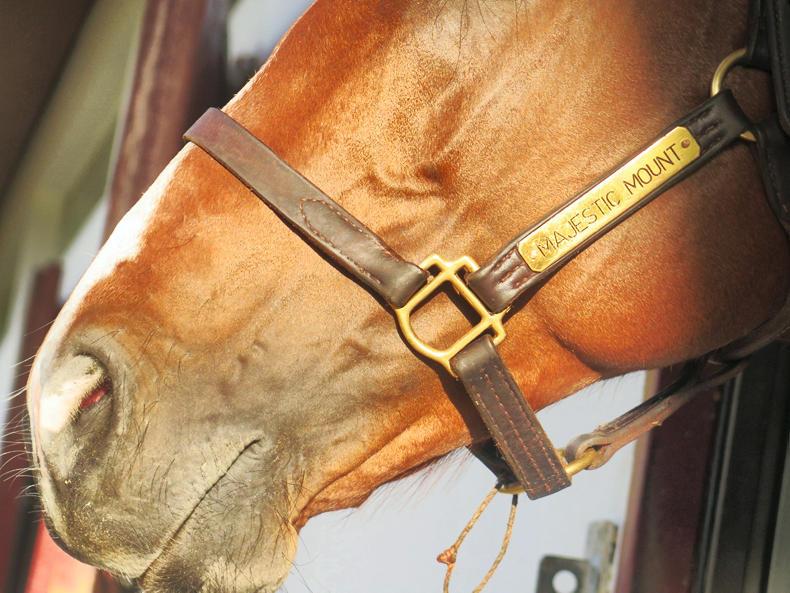
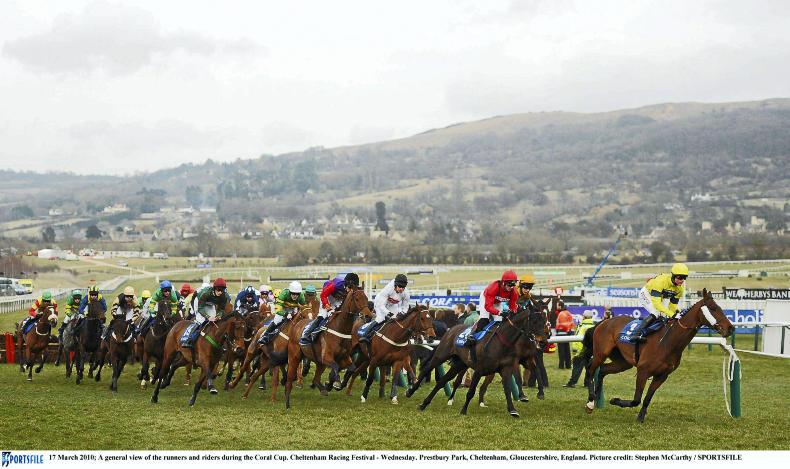

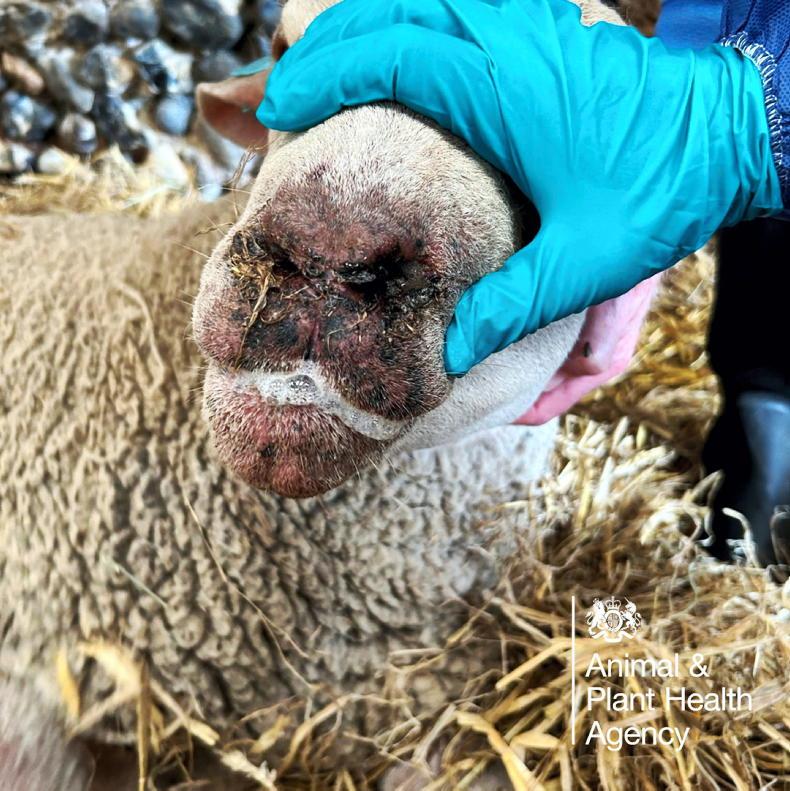
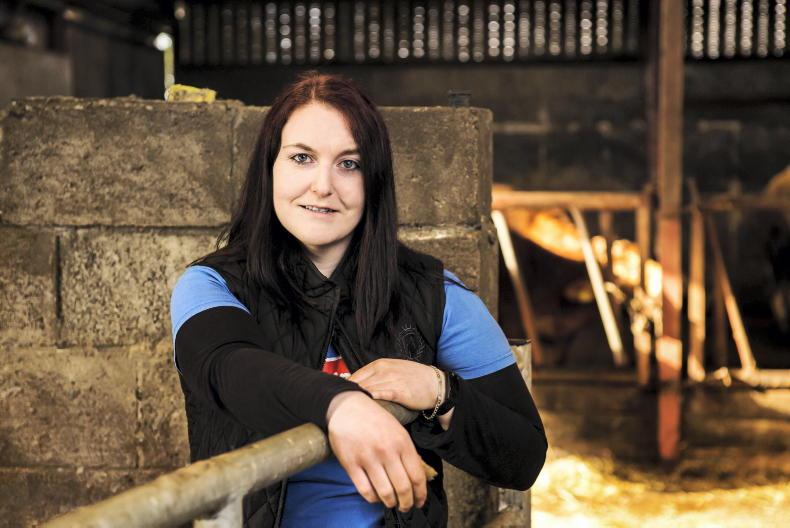
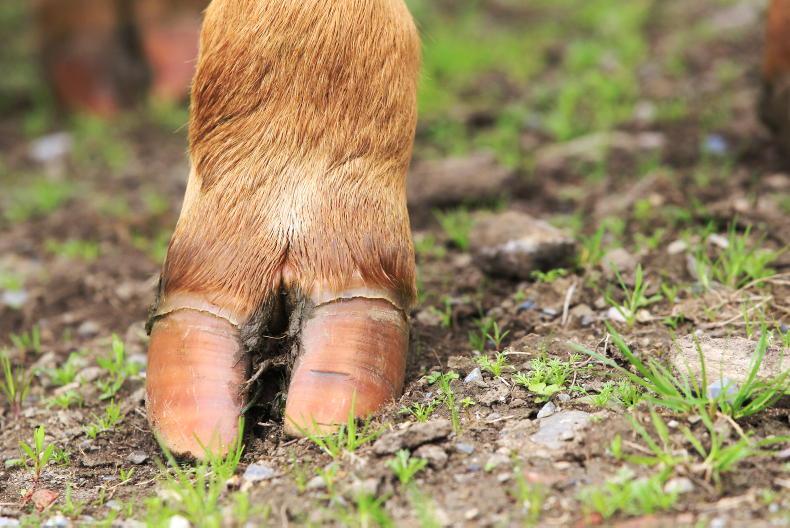

SHARING OPTIONS